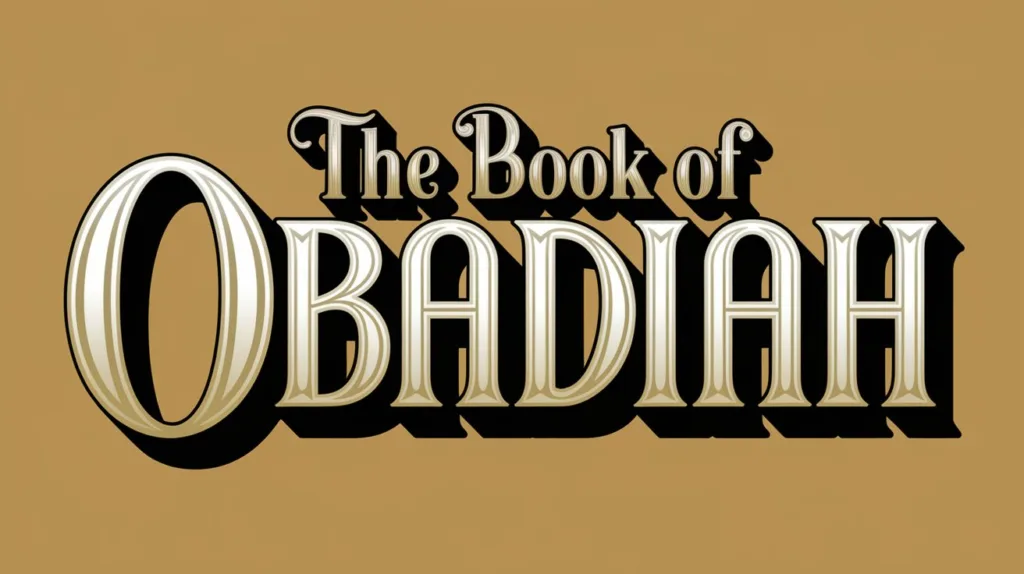God accepted Abel’s offering and rejected Cain’s because Abel offered in faith, giving the best of what he had, while Cain brought an offering without the right heart. The difference was not just in the substance of the offerings, but in the spirit and obedience behind them.
“And in the process of time it came to pass that Cain brought an offering of the fruit of the ground to the Lord. Abel also brought of the firstborn of his flock and of their fat. And the Lord respected Abel and his offering, but He did not respect Cain and his offering.”
(Genesis 4:3–5)
Abel brought the firstborn and the fat (the best portions) showing honor, faith, and submission to God. Cain, by contrast, brought “an offering” without indication it was the firstfruits or given with sincere devotion.
Hebrews confirms the key difference:
“By faith Abel offered to God a more excellent sacrifice than Cain, through which he obtained witness that he was righteous…”
(Hebrews 11:4)
Faith was what made Abel’s sacrifice acceptable. Without faith, no offering is pleasing to God:
“But without faith it is impossible to please Him…”
(Hebrews 11:6)
Cain’s reaction exposed his heart. Instead of repenting or seeking correction, he became angry and eventually murdered his brother. God warned him beforehand:
“If you do well, will you not be accepted? And if you do not do well, sin lies at the door. And its desire is for you, but you should rule over it.”
(Genesis 4:7)
This reveals that Cain’s offering was not rejected without reason. God gave him a chance to do what was right, but Cain chose to rebel.
Some also point out that Abel’s offering involved blood, foreshadowing the necessity of substitutionary sacrifice. While Scripture doesn’t explicitly say that’s why Cain’s offering was rejected, it does suggest that Abel’s obedience aligned more closely with God’s revealed expectations.
Ultimately, God looks at the heart. Cain brought a gift, but without humility or faith. Abel brought a sacrifice that honored God. One was accepted; the other, rejected.





 Get the book that teaches you how to evangelize and disarm doctrines from every single major cult group today.
Get the book that teaches you how to evangelize and disarm doctrines from every single major cult group today.